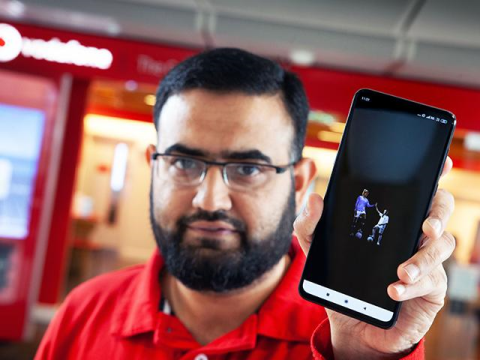

Ofcom says it is ‘encouraged’ by the cooperation
The heads of the UK’s four mobile phone networks have announced plans to form a new company to help eliminate rural connectivity not-spots, according to the Financial Times.
The CEOs of O2, EE, Three and Vodafone met with culture secretary Jeremy Wright last week and said they would allow each other reciprocal access to rural infrastructure to improve competition.
The new company would be overseen by the government and Ofcom and would allocate funds for the construction of masts.
However, the CEOs also said that the proposal is based on Ofcom removing the coverage obligations it has attached to 5G spectrum licences that it will be auctioning this year.
O2 UK CEO Mark Evans had alluded to the plan last week in O2’s Q1 2019 finanical results, saying: “In addition to progressing our 5G plans, we are working to establish an industry-led shared rural network for the benefit of consumers and businesses across the UK. This demonstrates our commitment to invest for the future with mobile connectivity one of the UK’s most powerful opportunities to strengthen the economy and improve the lives of British people.”
In an email to Total Telecom, Vodafone UK CEO Nick Jeffery wrote: “We know that access to a fast and reliable mobile network is important to how we live, work and travel. This is as true for those in remote areas as it is for those in our towns and cities. That is why our proposal on a shared rural mobile network is so crucial. It will give consumers improved rural mobile coverage while using far fewer masts. Vodafone will continue to throw its full weight behind the proposal and work with government and the rest of industry to make it a reality.”
Funding for the company would come from a reduction in the £200 million annual licence fees paid by the industry. An executive present at the meeting said the proposal was not yet a “done deal” and that the government could still choose Ofcom’s plan for rural coverage.
An Ofcom spokesperson said: “We’re encouraged to see mobile companies working together on proposals to improve coverage, and would consider carefully any firm plans from the industry.”







